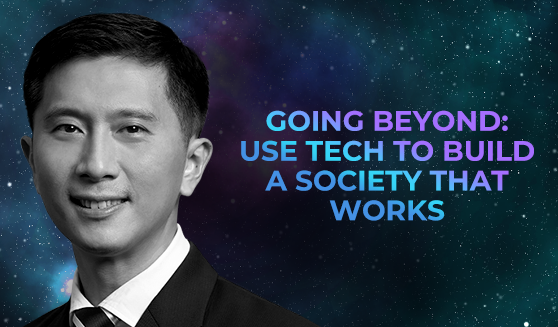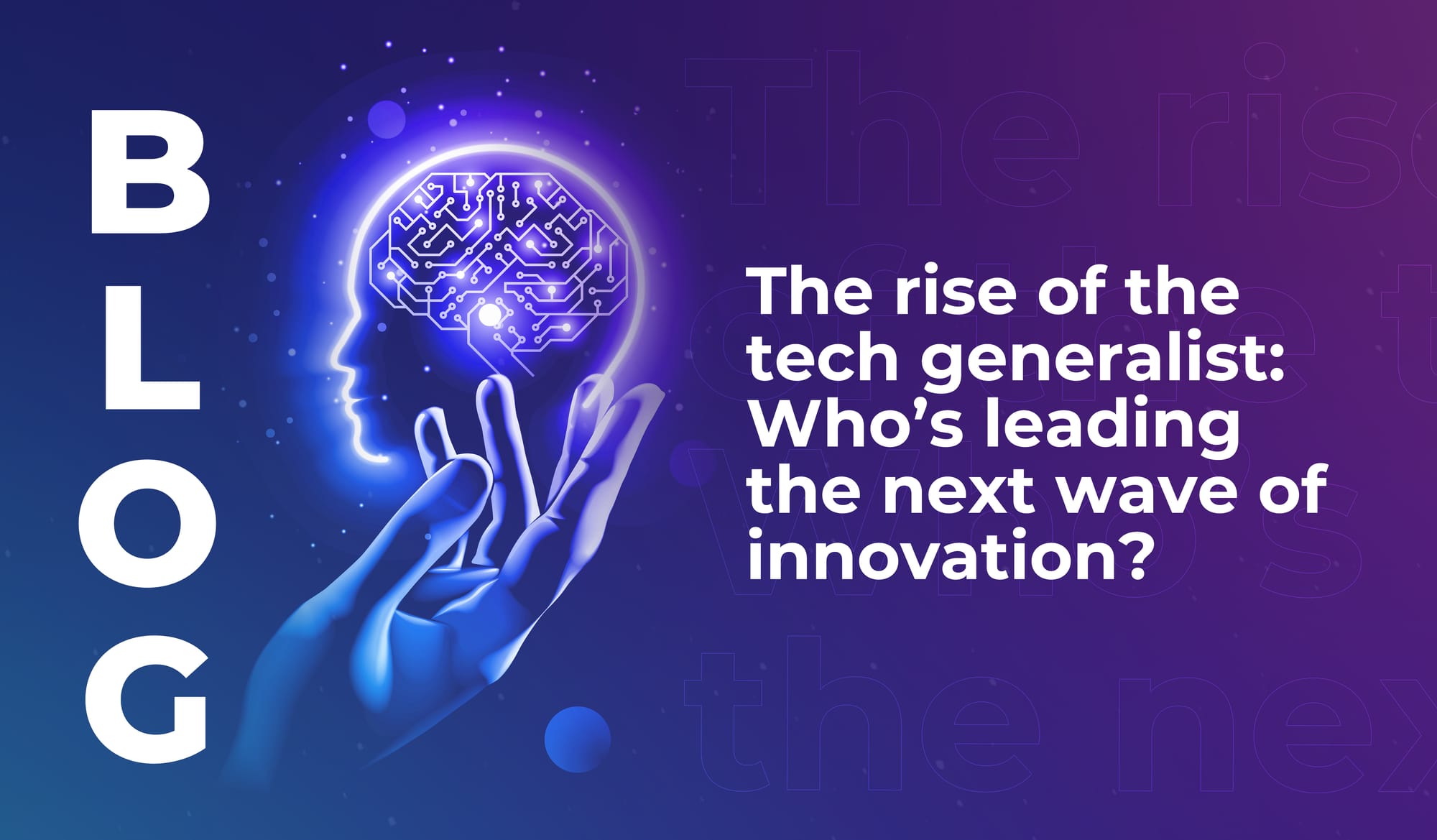
Tech careers with impact: The power of investing
If you’ve ever thought about becoming a tech investor, read this – learn why investors are the quiet force shaping the future of the industry.


We asked #LEAP23 speaker Kee Yuan Ngiam (Chief Technology Officer at National University Health System, Singapore) what the biggest challenges are for healthcare management in Singapore – and how technology can help overcome them.
He said:
“Singapore has the same healthcare challenges as many developed nations, namely, an ageing population, burden of chronic diseases and rising cost of healthcare. To address these, Singapore’s strategy is encapsulated in ‘the three beyonds’ – beyond healthcare to health, beyond hospital to community, and beyond quality to value. All these themes utilise technology in their myriad ways to meet the demands of each, especially the use of AI and automation.”
This hit us hard: the message goes far deeper than just the way healthcare is structured and managed. It’s about how we live; how we approach wellbeing within a society; and how we can use tech to create a society that actually works for its citizens.
As human beings, we’ve built incredible systems that keep us safe and make our lives relatively easy. We have ways of working that mean we can live (generally speaking) comfortable lives, without life-or-death threats at every turn. In doing so, we’ve inevitably shifted attention towards more and more detail: each person works in their own segment of their own industry. Each system – from healthcare to policing; education to social care; and so on – looks at its scope with tunnel vision.
But with that, it’s easy to lose sight of the greater meaning behind the system or the industry. We get caught up in the details and assume that as long as all the little pieces are where we’ve decided they need to be, the system will function properly. But every now and then we have to take a different view and consider the system as a whole: is the system actually supporting people, communities, and the environment in the way we need it to?
Ngiam reminded us that healthcare isn’t actually about the healthcare system – it’s about health. And health is a much broader experience, encompassing entire lifestyles, community setups, stress awareness and reduction, education that promotes healthy living, and much more.
Similarly, technology isn’t just an industry. And LEAP isn’t just an event to enable progress within tech – it’s an event that’s about human life, about environmental futures, and about how the tech industry can be instrumental in developing ways of living that actually feel (and are) good.
According to Data Reportal, global internet users reached 4.95 billion in 2022, with internet penetration climbing to 62.5% of the world’s population. Data from Statista suggests that every consumer will own about 15 IoT devices by 2030. And Grand View Research predicts that by 2027, the compound annual growth rate (CAGR) for AI will be 42.2% (which is huge). These are just a few of many signs that tech use will grow exponentially over the coming years – and our perspective on that growth is really important.
If you look at any tech news site you’ll see a lot of detail. As an industry, we love to talk about specifics; it takes a detail-oriented person, after all, to develop tech products and services; and technology is – of course – nothing if it’s not made with detail in mind.
But let’s not forget to zoom out on a regular basis and look beyond. Beyond connectivity itself, to the meaning and impact of connectivity. Beyond digitisation to the social and democratic power of digitisation. When we talk not just about technology, but about how technology can empower and uplift communities – then new tech can take us beyond our current experience of life, and into new worlds.
Thanks to Kee Yuan Ngiam at National University Health System, Singapore. Join us at LEAP 2023 to learn more.

If you’ve ever thought about becoming a tech investor, read this – learn why investors are the quiet force shaping the future of the industry.

Tech generalists will enable emerging technologies to integrate across industries and societies in meaningful ways. We still need specialists – but we also need big-picture people.

Discover three tech sectors facing a talent shortage this year. Could you find your ideal role in a high-demand sector like cybersecurity, cloud computing, or artificial intelligence?

If you’ve ever thought about becoming a tech investor, read this – learn why investors are the quiet force shaping the future of the industry.

Tech generalists will enable emerging technologies to integrate across industries and societies in meaningful ways. We still need specialists – but we also need big-picture people.

Discover three tech sectors facing a talent shortage this year. Could you find your ideal role in a high-demand sector like cybersecurity, cloud computing, or artificial intelligence?